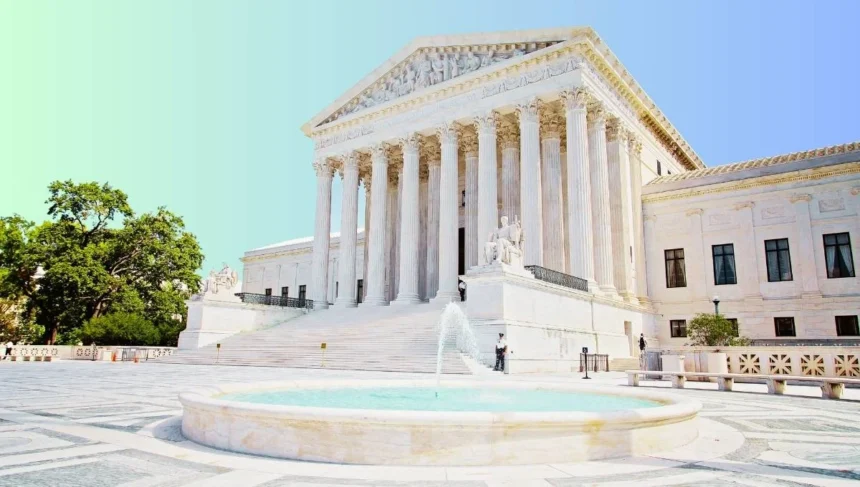A decision that the US Supreme Court is about to make could limit the regulatory power of government agencies, which could affect the Biden administration’s ESG investing rule. The decision could be very important in a challenge to the rule by states run by Republicans.
An appeals court temporarily stopped the rule from going into action, so the Biden administration has asked the Supreme Court to step in. When making investment choices, the rule says that retirement plan fiduciaries have to think about environmental, social, and governance (ESG) factors.
The Supreme Court’s decision could have big effects on the power of government agencies to regulate. The main question of the case is whether Congress has given government agencies too much power to interpret and enforce laws.
The Federal Housing Finance Agency (FHFA), which is in charge of Fannie Mae and Freddie Mac, is involved in the Collins v. Yellen case. The FHFA was made in 2008 to keep an eye on the two companies after the government bailed them out during the financial crisis.
The case questions whether the FHFA’s organization is legal, since it gives the agency’s head a lot of power to control the mortgage market. The plaintiffs say that the FHFA’s structure breaks the separation of powers because the president is the only one who can fire the head for a good reason.
The case was heard by the Supreme Court. The Court’s decision could affect other government agencies, such as the Department of Labor, which made the ESG investing rule. Some people don’t like the rule because they think it could mean lower returns for people who are in retirement plans.
The Biden administration has supported the rule, saying that it will help people in retirement plans reach their long-term financial goals and also help ESG goals. The government has also said that the rule is in line with the Department of Labor’s duty to look out for the best interests of people who are enrolled in retirement plans.
The Supreme Court should make a decision about the case by the end of the year. The decision could have big effects on the rule-making plans of the Biden administration and on the larger discussion about how government agencies should interpret and enforce the law.
Finally, the US Supreme Court’s decision on the power of agencies could have an effect on Biden’s ESG investment rule. It’s possible that the decision will have a big effect on the regulatory powers of federal agencies, and it might not just affect the Department of Labor.
The case brings up the ongoing debate about how government agencies should interpret and enforce the law. It could also have big effects on the regulatory agenda of the Biden administration.








